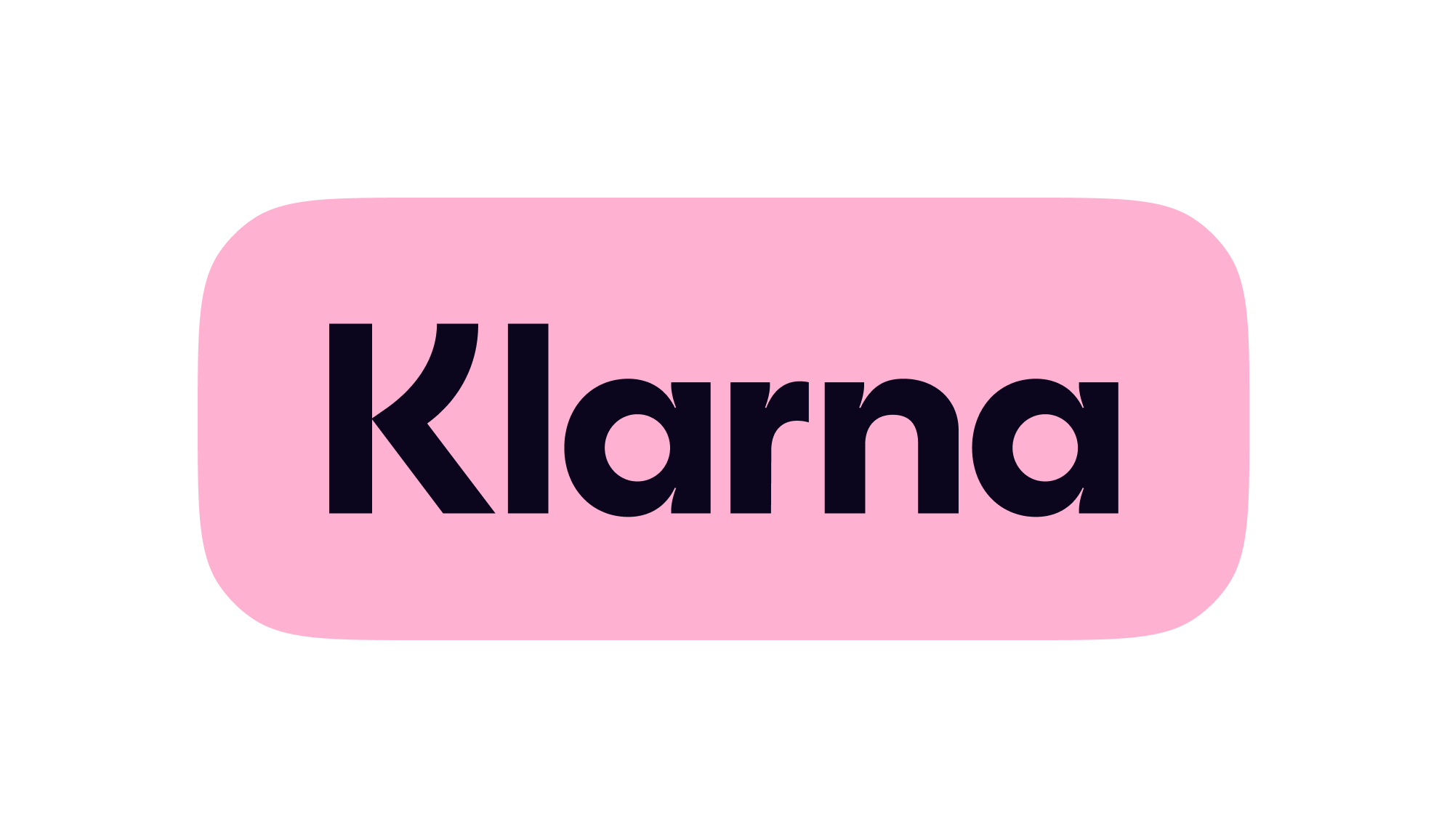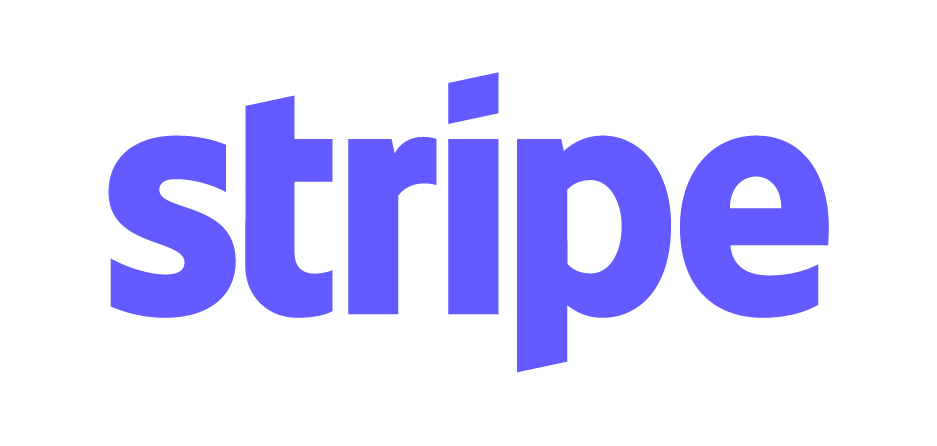Your guide to understanding the JCCP and its growing impact on UK aesthetics
The UK aesthetics sector is evolving rapidly, and with this growth has come an increased focus on patient safety, practitioner competence, and regulatory clarity. One organisation that plays a central role in shaping higher standards across the industry is the Joint Council for Cosmetic Practitioners, more commonly known as the JCCP. For clinicians exploring pathways into aesthetic medicine, understanding the JCCP’s purpose, framework, and influence is essential. Within the first 100 words, it is important to recognise that the JCCP aesthetic medicine framework is becoming a benchmark for quality, even before future legislation takes full effect.
This article explains what the JCCP is, why it was created, how its register works, and why healthcare professionals should begin aligning with its standards now rather than later.
What is the JCCP?
The Joint Council for Cosmetic Practitioners (JCCP) is a UK body established to improve standards, transparency, and public protection within non-surgical cosmetic treatments. It was created in response to the government-commissioned Keogh Review, which raised concerns about inconsistent training, varying competency levels, and a lack of public awareness around practitioner qualifications.
The JCCP operates as a voluntary register for practitioners and training providers. Although it does not currently act as a statutory regulator, its frameworks are widely accepted as the industry’s gold standard. The Government continues to work closely with the JCCP as it finalises the upcoming licensing scheme for aesthetic procedures, expected to significantly shape regulation across England.
Key takeaway: The JCCP exists to protect patients by raising the clinical, ethical, and training standards expected of all cosmetic practitioners.
What does the JCCP do?
At the core of the JCCP’s mission is the establishment of clear professional standards for anyone delivering cosmetic treatments, particularly injectables such as dermal fillers and anti-wrinkle treatments. These standards include required competencies, appropriate supervision models, safe prescribing practices, and ethical advertising guidance.
The organisation also works closely with the Cosmetic Practice Standards Authority (CPSA), which provides independent, evidence-based clinical guidelines. Together, these bodies outline what safe and responsible practice should look like in aesthetic medicine.
For patients, the JCCP register offers reassurance that a practitioner has completed recognised training and works to approved safety and governance frameworks. For clinicians, aligning with the JCCP signal commitment to best practice and long-term professional credibility.
How the JCCP register works
The JCCP maintains two registers: one for clinical practitioners and one for approved training providers. Each has specific entry requirements designed to ensure consistency and competency.
For practitioners, the register verifies:
• Professional healthcare registration (e.g., NMC, GMC, GDC, HCPC)
• Evidence of accredited training aligned to the JCCP framework
• Competence in anatomy, consultation, assessment, injection technique, and complication management
• Appropriate insurance and governance structures
For training providers, approval requires alignment with the JCCP’s detailed curriculum frameworks and assessment standards. This ensures that clinicians are not only taught correct techniques but also understand the physiology, pharmacology, and safety considerations underpinning their procedures.
Key takeaway: The register is designed to help patients identify qualified practitioners and to ensure training meets nationally recognised, evidence-based benchmarks.
What is Level 7 aesthetics JCCP?
The term “Level 7” refers to postgraduate-equivalent training aligned to Ofqual’s qualification levels. In aesthetics, a Level 7 Diploma typically includes advanced anatomy, facial assessment, injection competence, and complication management, supported by clinical mentoring and supervised practice.
The JCCP recognises Level 7 as a robust pathway for practitioners seeking structured, high-level training in injectables. Although not yet legally required, it is increasingly viewed as an industry standard for those who want to practise safely and independently.
Clinicians seeking JCCP-aligned training can explore the Level 7 Diploma in Aesthetic Medicine at Derma Institute, which follows the national clinical and educational frameworks recommended by the JCCP and CPSA.
What is the new law on aesthetics in the UK?
The Government has confirmed that a new national licensing scheme will be introduced for non-surgical cosmetic procedures in England. Although details are still being finalised, the aim is to ensure that only appropriately trained and competent practitioners can legally deliver certain treatments, especially dermal fillers and anti-wrinkle injections.
The JCCP has been instrumental in shaping these recommendations through its standards framework. It is widely expected that future legislation will closely mirror the JCCP’s competency requirements, making early alignment beneficial for clinicians preparing for regulatory change.
Key takeaway: While the law is still evolving, the direction of travel is clear: mandatory licensing, higher training expectations, and greater accountability across the industry.
What is the highest qualification in aesthetics?
The highest formal academic qualification in aesthetic medicine currently available in the UK is a Level 7 postgraduate diploma, as recognised across regulated sectors. This aligns with master’s-level education and includes rigorous theory, assessments, and hands-on supervised practice.
Derma Institute offers both Level 7 and other advanced pathways, including its comprehensive Combined Foundation and Advanced Injectables Course. This allows new practitioners to begin their training journey and later progress into Level 7 or specialist modules.
Why the JCCP matters for both patients and practitioners
Although the register is voluntary, its influence continues to grow. Patients increasingly look for reassurance around safety, and being aligned with JCCP standards helps practitioners demonstrate credibility and professionalism. For clinicians, following the JCCP frameworks provides structure, protects against risk, and elevates the standard of clinical practice.
As the UK moves toward formal regulation of aesthetics, practitioners who already meet or exceed JCCP guidelines will be well positioned for compliance when the new laws come into effect.
Conclusion
The JCCP plays a vital role in raising standards, improving transparency, and supporting safe practice across the UK aesthetics sector. While not yet mandatory, its frameworks are already shaping the future of cosmetic regulation. For clinicians committed to safe, ethical, and evidence-based care, familiarising yourself with the JCCP and aligning your training with its recommendations is an investment in your long-term professional success.
To explore training pathways that align with JCCP and CPSA standards, including Level 7 qualifications and advanced injectables education, view our full range of courses at Derma Institute.






